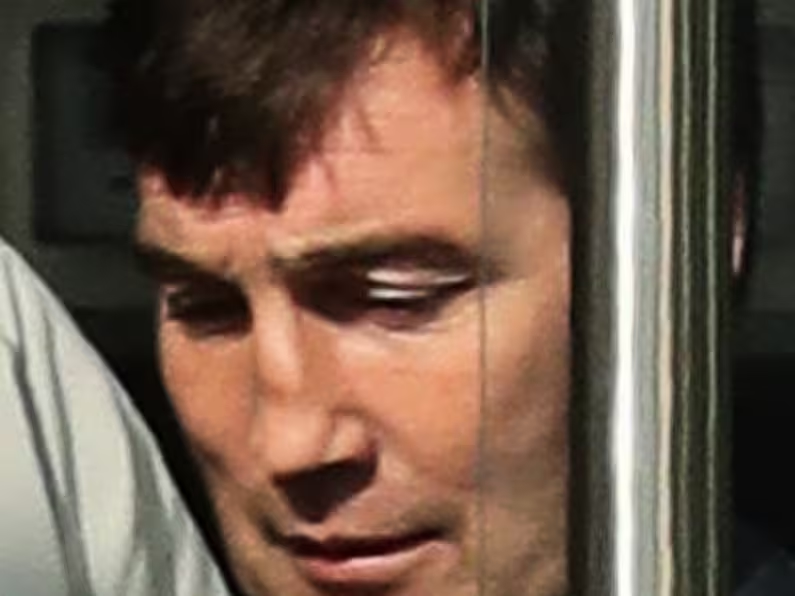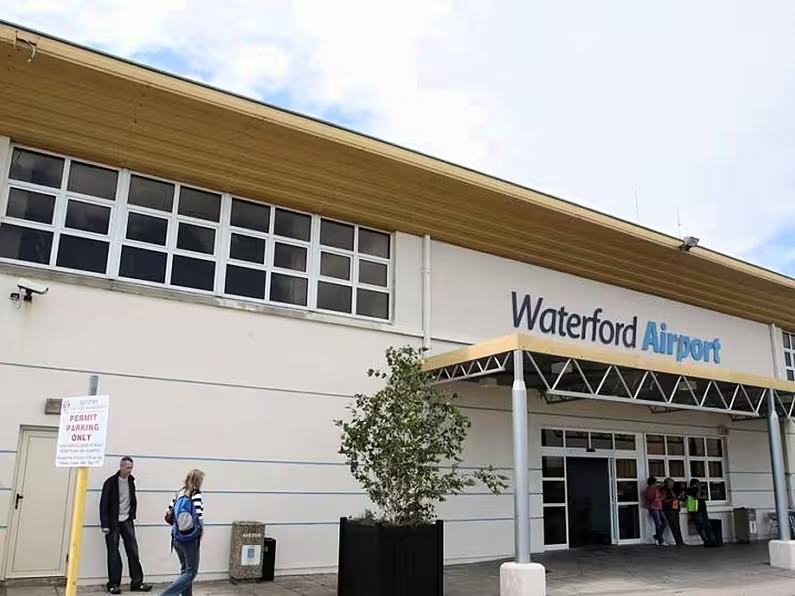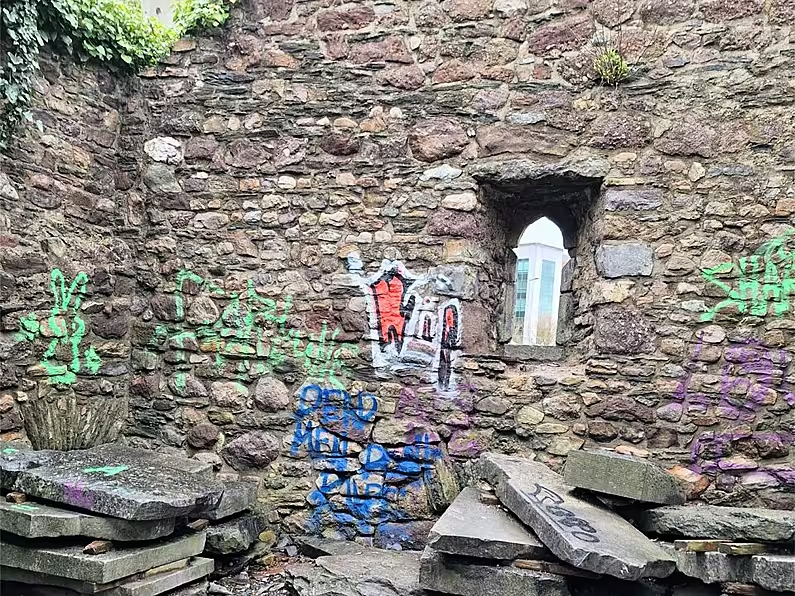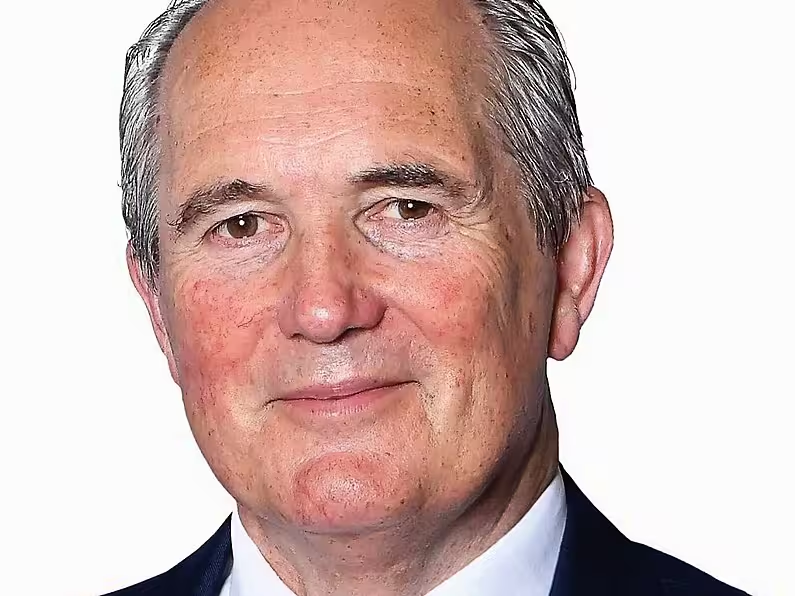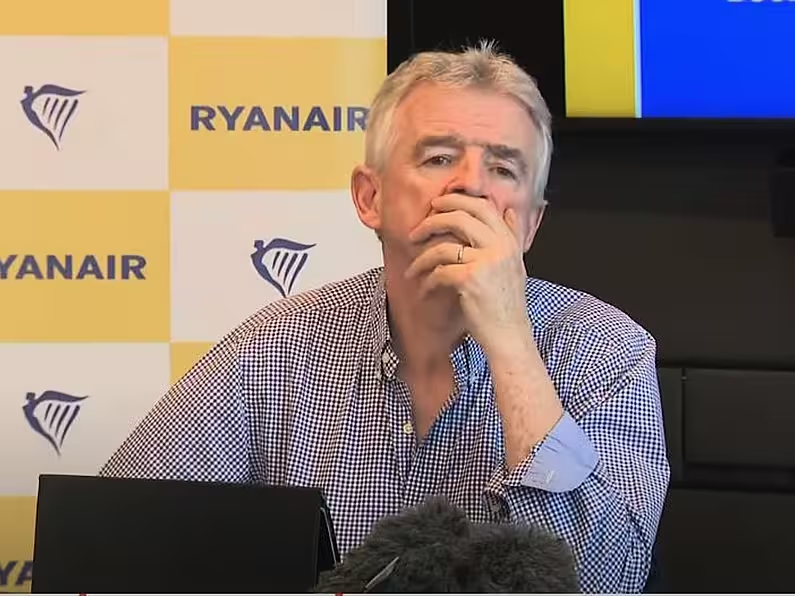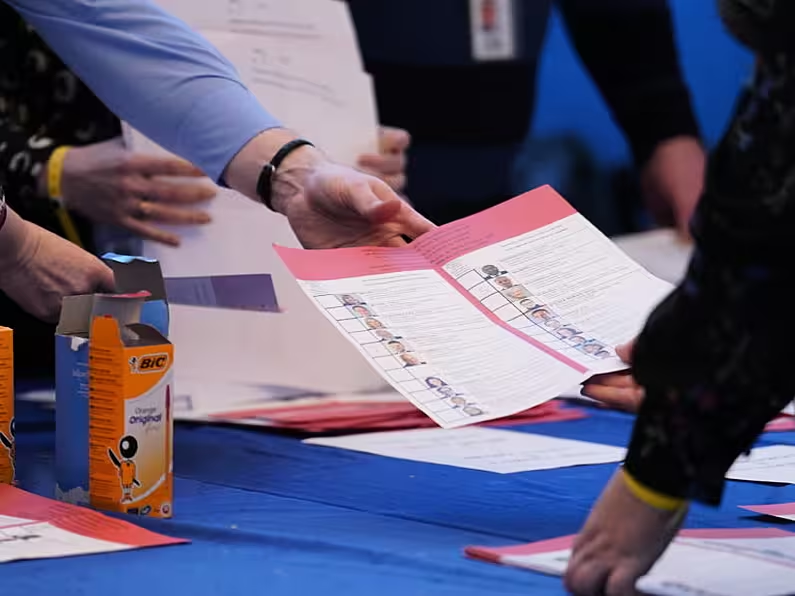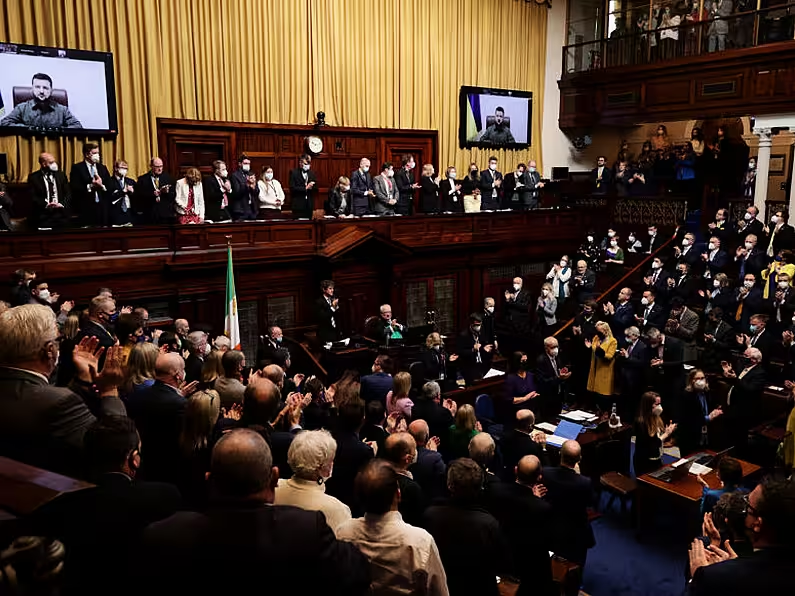Alison O’Riordan
An armed robber who was jailed for 15 years after he shot two workers who resisted his attempts to rob their take-away restaurant has launched an appeal against his conviction.
Lawyers for Joseph Behan have argued that a search warrant for their client's house was not lawfully obtained and that a glove found to have firearms residue on it was unconstitutionally seized.
Joseph Behan (45), of Edenmore Park, Raheny, Dublin was convicted by a jury of robbery, attempted robbery, assault causing serious harm, assault causing harm, possession of a firearm and reckless discharging of the firearm at Mizzoni's Pizza, Edenmore Shopping Centre, Raheny, on January 1st, 2019.
The defendant was sentenced to 15 years imprisonment for assault causing harm by Judge Martin Nolan, who noted that Behan had made a determined attempt to rob the restaurant and when the occupiers resisted, he discharged his firearm twice.
He said one of the men shot was grievously injured and but for the early intervention of a paramedic “there is a good likelihood he would have died”. The other man sustained a less serious gunshot injury to his lower abdomen, he added.
New Year's eve
During the trial at Dublin Circuit Criminal Court in February 2020, the jury heard that staff were toasting the New Year with champagne shortly after midnight on New Year's Day 2019 at Mizzoni's Pizzeria, when Behan arrived at the takeaway with a gun and demanded money.
A staff member responded by throwing a champagne bottle at Behan and he began to retreat out the door, and as he did, he fired several shots into the takeaway.
At least two bullets were discharged and two members of staff who were standing in the kitchen were shot. One of the men had a "through and through" bullet wound in his chest and was at serious risk of death without the early intervention of a paramedic.
Judge Nolan emphasised that Behan behaved “in a very reprehensible way on the night in question”. He said he could have killed a number of people, though luckily for those men and for himself he did not.
Search warrant
Moving to appeal his conviction today in the Court of Appeal, Behan's barrister Ronan Munro SC said that before his client was arrested, gardaí got a search warrant for Behan's house that had been urgently issued by Detective Superintendent Paul Scott.
During the search of Behan's house, he said a glove was found upstairs on the landing, which was later forensically examined and found to have firearms residue on it and a major DNA profile that matched Behan's DNA.
Mr Munro submitted to the three-judge court that the search warrant for Behan's house was not lawfully or validly issued, the resulting search was in breach of constitutional rights and the evidence obtained ought to have been excluded.
Mr Munro said that during the trial there was a voir dire [a hearing in the absence of the jury] over the lawfulness of the search of Behan's house. Superintendent Gerard Donnelly, of Coolock Garda Station, who was leading the investigation, gave evidence in the voir dire that once CCTV established that the raider had entered Edenmore Park, he had formed the view that it was necessary to urgently seek a warrant in order to preserve any evidence that might be lost.
At 1.18am, Supt Donnelly contacted Det Supt Scott of Ballymun Garda Station, who then attended at Edenmore Shopping Centre and viewed the CCTV footage himself. Det Supt Scott then travelled to Coolock Garda Station, where at 2.30am, he issued a warrant to Inspector Brian Clune to search Edenmore Park, he said.
Investigation
Mr Munro said he was challenging the issuing of the warrant and the lawfulness of the resulting search on the basis that Det Supt Scott was not independent as he was involved in the investigation when he issued the warrant. Accordingly, he could not lawfully have issued a search warrant, he said.
Furthermore, the barrister submitted that there were four superintendents on call within the same division at the time and none of these superintendents would have been getting involved in the investigation.
Mr Munro said the trial judge's finding that Det Supt Scott was the first number that Supt Donnelly saw on his phone was not accurate. "It was merely the first number he decided to call," he said.
In summary, he submitted that due to the involvement in the issuing of a search warrant of a Garda who was not independent, the search of the appellant's home was unlawful and in breach of his constitutional right to the inviolability of his dwelling. In the circumstances, the glove recovered in the house, which had firearms residue on it and the DNA of the appellant, was unconstitutionally seized, he concluded.
Counsel for the Director of Public Prosecutions, Eilis Brennan SC, submitted that it was correct for the judge to conclude that at the time Supt Donnelly contacted Det Supt Scott he did so for the purpose of asking him to consider the issuing of the warrant and that at the time of the granting of the warrant that Det Supt was independent of the investigation.
There is no evidence to support any finding that Det Supt Scott was carrying out a dual function at the time of the issuing of the warrant, she said. All the evidence showed, Ms Brennan said, that Det Supt Scott had exercised his independent powers as he had tried to balance the individual's right against the rights of the State.
President of the Court of Appeal Mr Justice George Birmingham, who sat with Mr Justice Patrick McCarthy and Ms Justice Isobel Kennedy, said the court would reserve its judgement.



